ENG-123, English Comp II, is the first class I took as a newly minted middle-aged college student. I had little idea what to expect; I’d had scant training on Brightspace, but I jumped in headfirst. The course opened for viewing, but not for turning in work, two weeks before the start date. I used that time to familiarize myself with Brightspace, set up a Word template in MLA format, and read through the syllabus and rubrics.
About ENG-123
My professor was Nannette Shultz, and she was a delight. Encouraging, complimentary, honest, and a little quirky. Professor Shultz was a stickler for grammar and spelling—unsurprising in an English instructor—but her communications with the students were always riddled with odd errors. Later, I would determine that she was likely using speech-to-text software, and that was probably the cause of the errors. It was frustrating at times, but this was a case of “do as I say, not as I do.” Professor Shultz gave me, unintentionally, the idea for my final project, a persuasive paper.
“Editors and other gatekeepers need to relax their prescriptivist tendencies and embrace descriptivism so writers’ work will be more accessible.”
Professor Shultz loved it, and we had a great back-and-forth throughout the rest of the course. I challenged her prescriptivist tendencies, and she challenged my descriptivist point of view in a way that made for a stronger paper. A valuable piece of advice she gave me early on, “You have to argue for informality within the confines and rules of a formal paper,” guided all but one of my decisions. This is how I ended the nine-page paper:
“Ending a sentence—or even an essay—with a preposition should not be something to argue about.”
Nailed it.
The textbook wasn’t a textbook, but MindEdge software. MindEdge is something like an interactive textbook, a learning environment that is quite easy to engage and navigate. The reading wasn’t intensive, but the research was.
I spent hours upon hours trawling Shapiro Library looking for scholarly resources. ENG-123 doesn’t teach English so much as it trains students in conducting academic research, but that’s okay. The class prepares students for future courses in essential ways; it’s a 100-level class, after all.
Each assignment builds on the one before. One of the most common questions I see in the student SNHU Facebook groups is, “Do I need to start over this week? I heard about self-plagiarizing!” While the thought did cross my mind in the first week or two, the school designed the assignments to be drafts of the final project. I wrote lines in week two’s Writing Notes assignment that survived all the way to the final project.
The Final Project
My final paper for ENG-123 was nine pages long, had a Turnitin score of 7%, and was graded an A with a perfect score. I’ve made the paper available for download, and I hope I shouldn’t have to tell you not to plagiarize.
In the End
I loved this class. As first experiences go, I left this course thinking that there might be something to this whole ‘online school’ thing. At the same time, it was incredibly easy, and I wondered if I was wasting time and money. I decided that while I could have tested out of the class, it was best I didn’t.
The last assignment, in week eight, is a reflection. Here, I’m sharing the final paragraphs of mine; it exists outside of the assignment proper as a note directly to Professor Shultz.
“Professor Schultz, you’re right—I probably didn’t need this class, strictly speaking. That is not to say I didn’t learn anything; I certainly did, and the dialogue about descriptivism and prescriptivism was enjoyable. The most important thing about this class was not, ironically, the class. It’s that this was my first course at SNHU, my first online college course, and my first real college course since about 1994. I needed this class to demonstrate how SNHU works; to demonstrate how online learning works.
Finally, I really do strongly recommend Semicolon by Cecelia Watson. She echoes my sentiments about language and descriptivism almost entirely but makes her points with far more eloquence than I. Most importantly, she’s a former prescriptivist herself, so the writing comes from a well-informed place.”
Final grade: A (99.03%)
Advice for Students Registered for ENG-123 at SNHU
Lightning round! Some of this is especially valuable for new students, not just ENG-123 folks.
- Don’t skimp on the discussions.
- Use the Online Writing Center if you have any doubts about your writing skills. Use it once, even if you don’t.
- You will have instant credibility with your instructor if you turn in work without split infinitives, stranded prepositions, or misplaced punctuation. Use Grammarly.
- If you’re an English & Creative Writing major, format all your work in MLA, not APA. You will have a scant handful of classes that require APA (I’ve had only one, and I’m not likely to have any more). MLA is the standard for creative writing classes.
- If your degree program skews toward APA, by all means, format your ENG-123 work in APA. The course will teach the difference in week six, but practically speaking, you’ll want to make that choice in week one, so you can properly format your work from the start.
- Don’t buy the MLA book. Everything you need to know about formatting MLA is easily accessible for free. Use the Purdue Online Writing Lab; SNHU recommends it (pretty constantly, actually). Purdue OWL covers APA, too.
- The syllabus says your web browser needs to support Java. I confirmed with IT at the school that it doesn’t. I mentioned in my feedback that the line needs to be removed.
- Speaking of the syllabus: read it and remember what it says about things unrelated to the course. I asked a dumb question in a Facebook group in my fourth term—six classes in—about the cutoff between A and A-. Every SNHU syllabus has the answer.
- You will hate Turnitin. You shouldn’t. Be original; be creative. Think of uncommon ways to phrase things. Use ten-cent words now and then. Your instructors expect you to use big words, and those big words, along with proper grammar and punctuation, are the difference between a low Turnitin score and a high one.
- Time management is your key to success in this and every class.

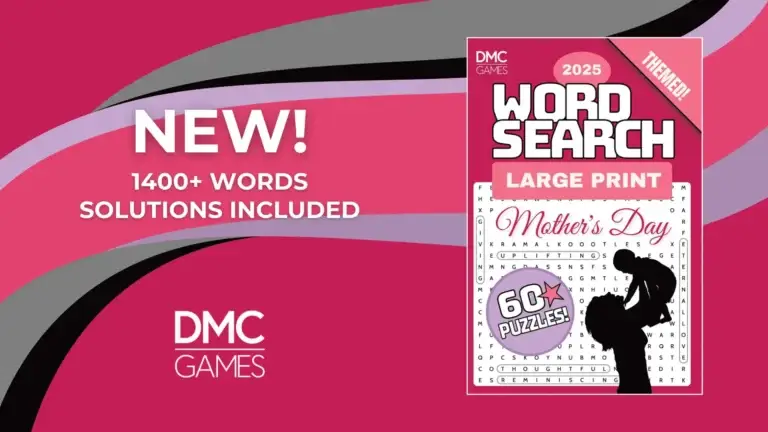
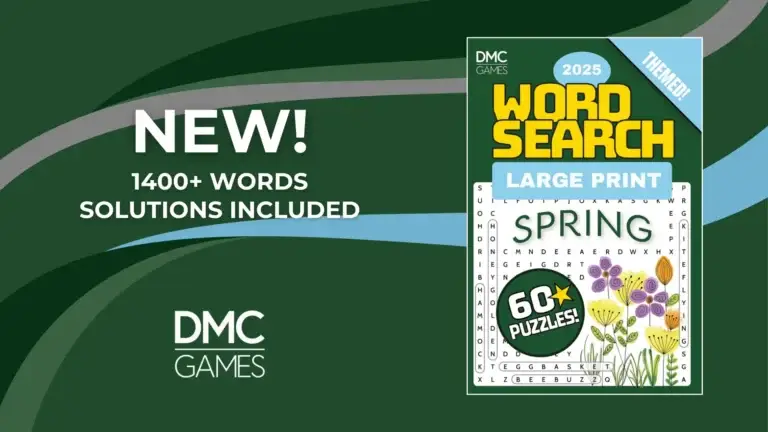
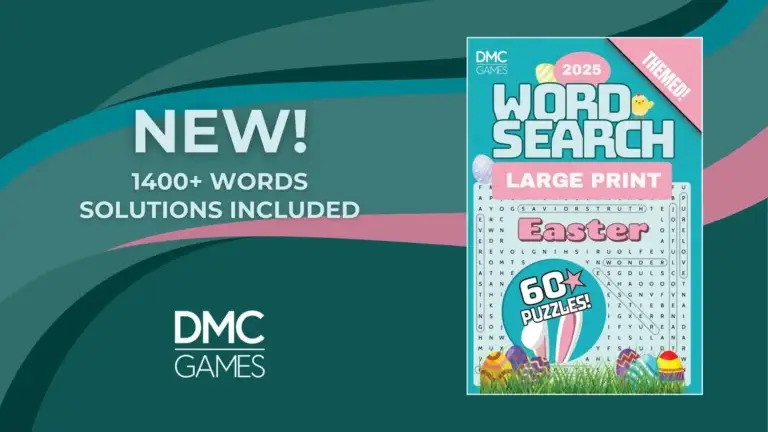
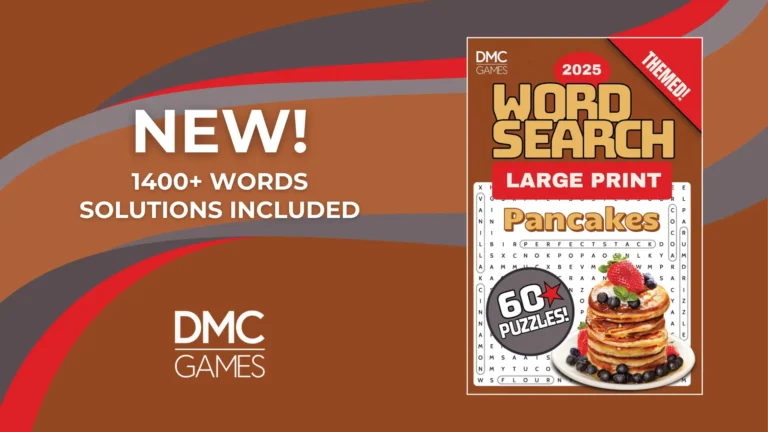
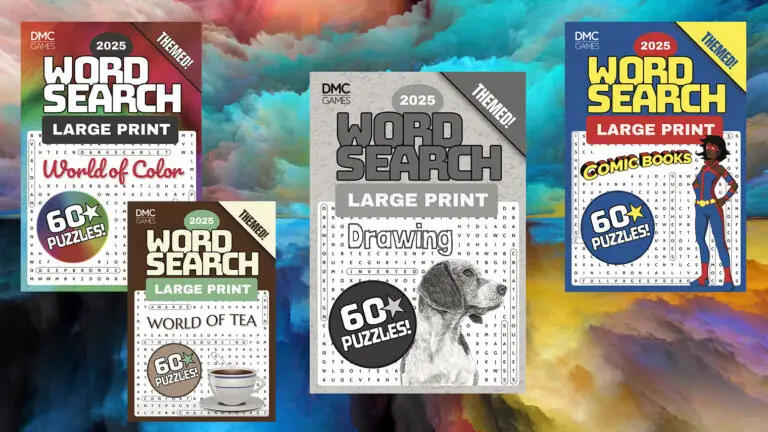
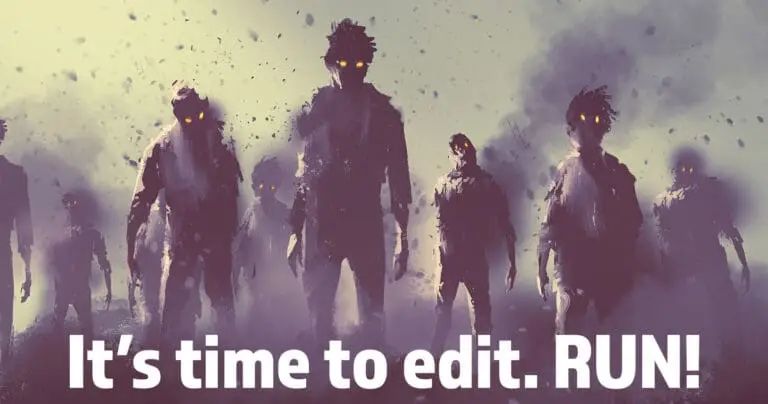



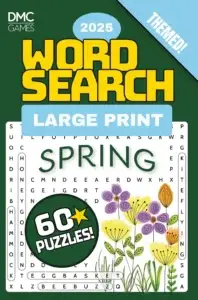
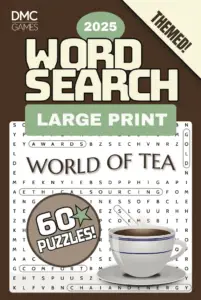
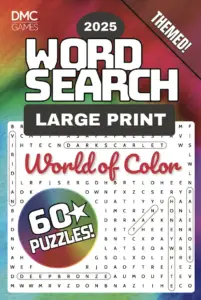
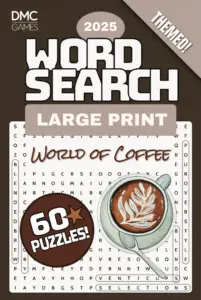
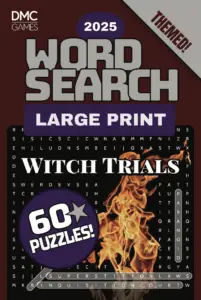
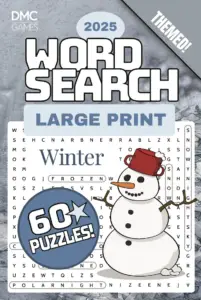
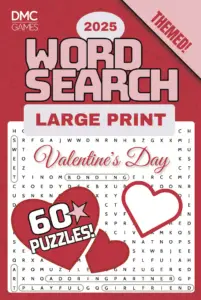
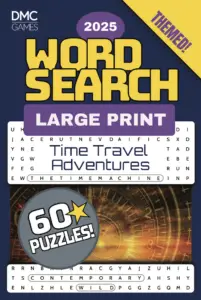
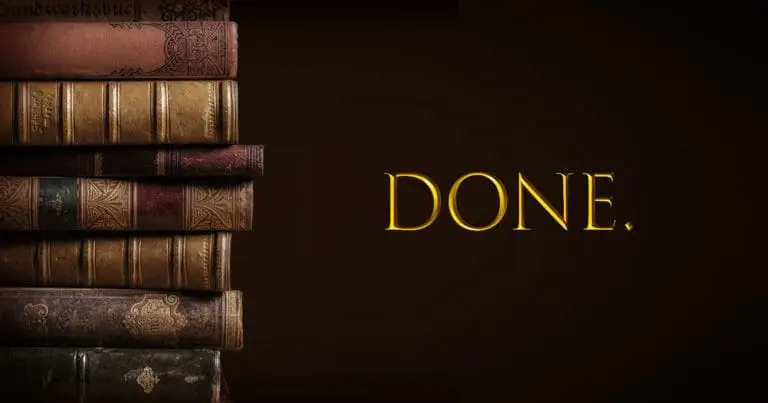






6 Responses
Hello Daniel!
Thank you so much for this helpful post! I am in this class at SNHU and I appreciate your detailed information. It has been very helpful to me.
Thanks again,
Sarah
Thank you, Sarah! I’m so happy this was useful to you. Best of luck with your degree program!
Awesome paper, really HEAVY stuff, especially when (like you) you’ve been out of school for the past few decades (I use the expression last 100 years); the paper and the advise are also great. I’m a nubie (not an idiot) at SNHU and start in January, my anxiety, curiosity and yearning for knowledge into what i’m getting myself into brought me to your paper and I am truly grateful that I read it’s entirety (hope you understand). Please note it also made me laugh and gave me a sense of ignorance (for lack of a proper word), but, not in a negative manner; you gave me words that i assumed, perceived I knew their meanings, but I had to cheat and look them up in my trusty “Merriam Webster’s Dictionary and Thesaurus”, Thank you..Miguel C.
Thanks, Miguel! I’m glad you found the paper and that you could get something out of it – that’s what it’s there for! As for the dictionary and thesaurus… I don’t think there’s a writer alive who doesn’t refer to one, no matter their experience level. Best of luck at SNHU. I hope you can crush that anxiety because I’m confident you will have a great time.
Thank you! It’s been a while since, I’ve been in school, and being middle-aged, kind of makes you feel a certain way about going back to English class.
I remember the feeling well, Jessica. Just push on through, and when you get to the other side, you’ll wonder why you felt that way! We middle-aged students have a real advantage over the younger ones. Our life experience adds up to a much easier time in the introductory-level courses.
Best of luck with your program!